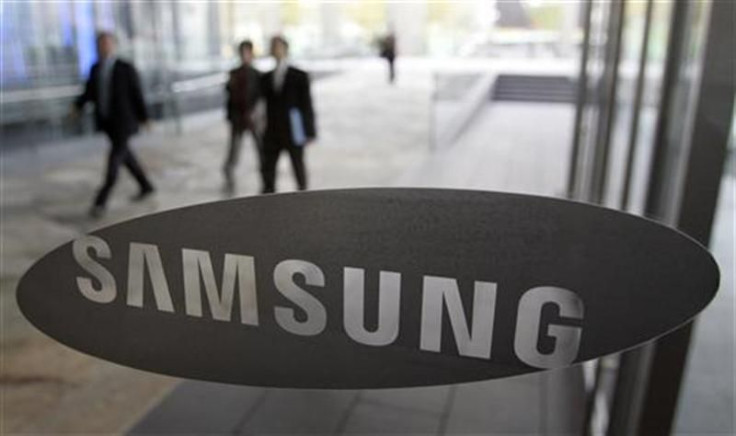Sony to sell LCD venture stake to Samsung for $940 million

(Reuters) -- Sony Corp has agreed to sell its nearly 50 percent stake in an LCD joint venture with Samsung Electronics to the South Korean company for $940 million, as it struggles to reduce huge losses at its TV business.
The seven-year-old venture cut its capital by 15 percent in July and industry sources had said Sony was negotiating an exit, aiming to switch to cheaper outsourcing for flat screens for its TVs while Samsung pushes ahead with next-generation displays.
In terms of direction it is a positive (for Sony), said Keita Wakabayashi, an analyst at Mito Securities in Tokyo, about the deal. But if they are making a loss on the sale, one could ask why they didn't make this decision sooner.
Their biggest problem is that they are not making a profit even though they don't have many plants, he said.
In November, Sony, the world's third largest flat panel TV maker, warned of a fourth straight year of net losses for the financial year to next March, with its TV unit alone set to lose $2.2 billion on tumbling demand and a surging yen.
The company said on Monday it would review its earnings forecast to reflect 66 billion yen in impairment losses from the transaction, as well as expected future cost savings.
While the sale is seen as a move in the right direction for Sony, it will not be good for Samsung, analysts said.
Sony may shift to Taiwanese LCD makers should they offer cheaper prices, Song Myung-sup, an analyst at HI Investment & Securities, said in Seoul.
Shares in Sony ended 1.6 percent higher, compared with a 1 percent gain in Tokyo's benchmark Nikkei average, while Samsung Electronics shares fell 0.2 percent.
Sony's panel venture with Samsung, S-LCD, was established to secure stable supplies for Sony's flat-screen TVs at a time of shortages.
AILING BUSINESS
Once a symbol of Japan's high-tech might, Sony has sold off TV factories in Spain, Slovakia and Mexico in the past few years and outsources more than half of its production to companies including Hon Hai Precision Industry, the contract electronics maker that also counts iPhone maker Apple Inc as a key customer.
Sony retains four TV plants of its own -- in Japan, Brazil, China and Malaysia.
Some analysts say the $100 billion LCD TV market peaked last year and forecast it will shrink 3 to 4 percent annually, as consumers in advanced countries have already traded in their bulky cathode-ray tube TV sets for flat screens, while the LCD market has been in a glut since last summer.
Global TV manufacturers are restructuring their businesses and outsourcing production as cut-throat competition and weak demand squeeze margins.
Analysts have criticized Sony for failing to aggressively take on the competition in the TV market from South Korean rivals Samsung and LG Electronics Inc, the largest and second-largest players, respectively.
In November, Sony cut its TV unit sales forecast for the second time this year and dropped a plan to boost its TV sales to 40 million sets a year in the fiscal year ending March 2013, effectively conceding defeat to Samsung, the world's largest flat-panel TV maker.
Samsung has said it expects the flat-panel TV market to grow 10 percent next year, and aims to outperform the market.
Sony said in April it would not raise its stake in a separate LCD venture with Sharp Corp for at least a year, and in August said it would merge its loss-making small-panel business with the government-backed Japan Display.
In October, it signaled a stepped-up push into the smartphone market by announcing it would take control of its mobile phone joint venture with Ericsson for $1.5 billion.
The company is hoping to exploit its music and video content and compatibility with its other devices like TVs and tablet computers to help it catch up with smartphone leaders such as Apple.
($1 = 1,155 won; 77.99 yen)
(Additional reporting by Isabel Reynolds; Editing by Michael Watson and Editing by Vinu Pilakkott)
© Copyright Thomson Reuters {{Year}}. All rights reserved.





















